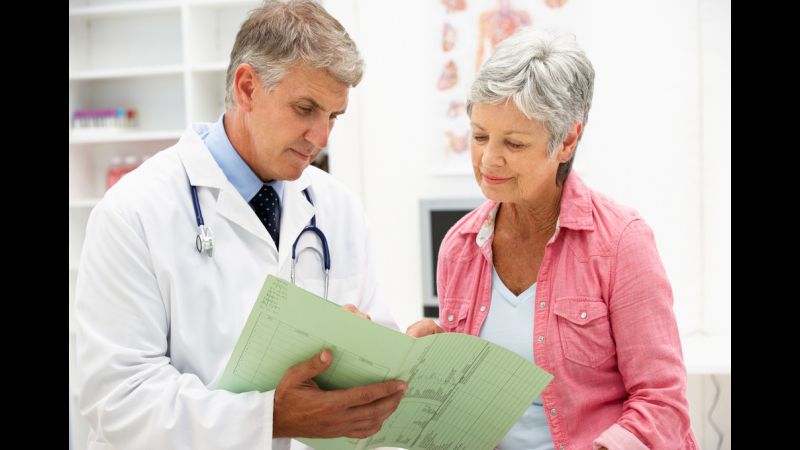February 4, 2017 was World Cancer Day, a day that “aims to save millions of preventable deaths each year by raising awareness and education about the disease, pressing governments and individuals across the world to take action.” And while February 4th is behind us, the importance of raising awareness about cancer remains.
While scientists have been able to identify many risk factors for cancer--including obesity, hormonal changes, sun exposure and tobacco use--one that seems to be unavoidable is aging. In fact, it has been estimated that 60 percent of people living with cancer are over the age of 65. Studies have also shown that “the incidence of cancer in those over 65 is 10 times greater than in those younger than 65 and the cancer death rate is 16 times greater in patients over 65 compared to younger patients.”
So, Why Age Is A Risk Factor For Cancer?
There are several reasons why cancer and aging have a direct correlation in scientific studies:
- Hormonal Changes. According to Dr. Therese Bevers, the Medical Director for MD Anderson’s Cancer Prevention Center, “Starting menopause after age 55 increases a woman’s risk of breast cancer and endometrial cancer. That’s probably because she’s been exposed to more estrogen. During a woman’s menstrual cycle, estrogen stimulates the uterus and breast tissue. So the more menstrual periods a woman has, the longer these tissues are exposed to estrogen.”
- DNA Damage and Mutations. While DNA and genomic mutations can occur at any age, research has shown that they are more likely to break down over time, increasing chances of cancer with age. Compounded by other “risk factors such as environmental or occupational exposures to chemical and physical agents, tobacco smoke, and viral infections” can have an effect at “different points along this multistep process of transformation and accelerate damage.”
- Chronic Health Problems. There are several age-related chronic health conditions that also increase your chances of cancer with age. In particular: Type 2 diabetes, which has been connected to colon, breast and pancreatic cancers. Obesity and metabolic syndrome, which have been connected to esophageal, pancreatic, thyroid, gallbladder, breast, endometrial, kidney and colorectal cancers, And Hepatitis C, which has been connected to liver cancer.
Cancer Prevention At Any Age
While it can be hard to prevent a cancer diagnosis, especially if you have a family history of the disease, there are steps you can take to prevent your chances of cancer with age. Limiting your risk factors for cancer can help you keep the devastating disease at bay as you age, and can also help increase your success rate with treatment should you be diagnosed.
- Stop Smoking. Tobacco has a direct impact on your risk of developing cancer, either through firsthand or secondhand exposure. According to the National Institutes of Health’s National Cancer Institute, the increased risk occurs “because tobacco products and secondhand smoke have many chemicals that damage DNA.”
- Cut Down on Alcohol. The National Cancer Institute says that the way the human body metabolizes alcohol can damage DNA over time and also increases the amount of estrogen in the blood, a hormone which has been linked to breast cancer. It is recommended by experts to limit alcohol intake for maximum health over time.
- Exercise. A scientific study cited on the American Institute of Cancer Research website found that exercise can reduce the risk of 13 different types of cancer. Just 30 minutes of any type of exercise everyday can have a significant impact on reducing your risk of cancer.
- Eat More Antioxidants. Adding antioxidant-rich foods to your diet, such as red grapes, blueberries, broccoli and spinach, can help lower your chances of cancer with age. Antioxidants help to combat free radicals in the body, which can play a role in cancer development.
- Limit Sun Exposure. The Skin Cancer Foundation says that “between 40 and 50 percent of Americans who live to age 65 will have either basal cell carcinoma or squamous cell carcinoma at least once.” With melanoma on the rise, practicing sun safety all the more important.
Medical Guardian Is There For You
Should you or a loved one receive a cancer diagnosis, Medical Guardian will be here to support you through the process. The side effects of cancer--and cancer treatments--can be detrimental to balance and coordination. A medical alert system from Medical Guardian is a great way to prevent serious injury from trips, slips and falls by giving you access to round-the-clock care in your own home.


